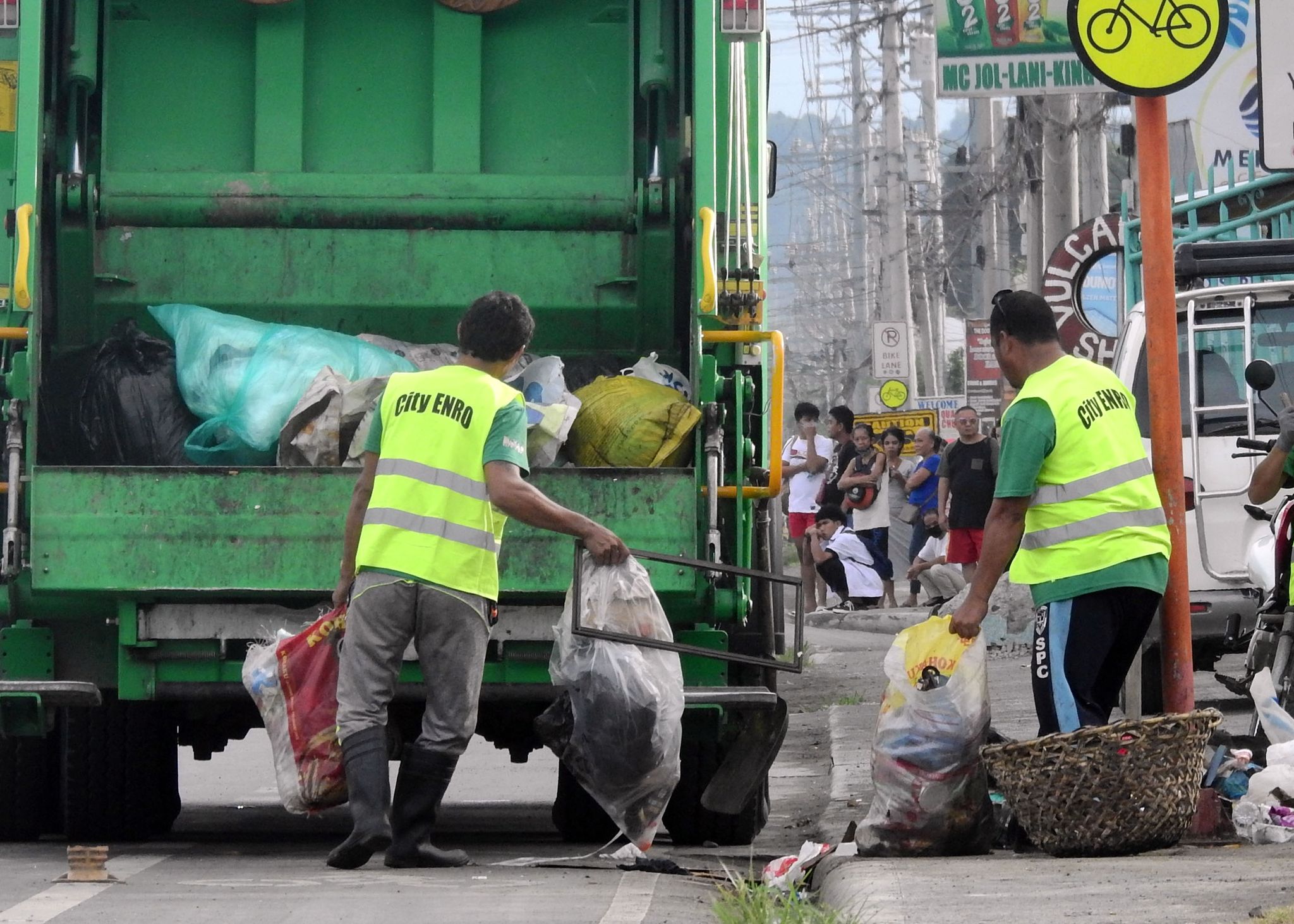DAVAO City should institute policies to sustain its distinction as the second cleanest in Southeast Asia, the environmentalist group Interfacing Development Interventions for Sustainability said on Wednesday.
Atty. Mark Peñalver, IDIS executive director, said while the Numbeo survey is not entirely a credible source, the recognition should inspire policymakers to craft legislation to live up to it.
“I hope that this recognition from Numbeo as the second cleanest would translate into policies and policy implementation and for people to change their behavior. Since we are already claiming it, this has to be sustained,” Peñalver said.
The city ranked as the second cleanest city in Southeast Asia in the 2024 Mid-Year Numbeo Pollution Index rankings, recording a pollution index score of 55.6.
In the Numbeo rating, the city trailed Singapore, which scored 32.5 and surpassed other major cities from the country, with Baguio City (72.9) in the top 5, Cebu City as 10th with 84.0, and Manila placed 14th with 89.8 pollution index.
Pollution Index, according to Numbeo, is an estimation of overall pollution levels in cities considering factors such as air and water pollution, garbage disposal, cleanliness, noise and light pollution, green spaces, and comfort.
Peñalver stressed despite the recognition, cleanliness is not reflected in the entire city as it continues to face waste management issues.
He cited for example the open garbage collection points of the City Environment and Natural Resources Office where waste is visible on roads every night and clogs the drainage when stormwater runs off the streets.
In terms of air pollution, he added, it’s still undetermined “if the city is still on the safe side” despite the airshed monitoring by the DENR Environmental Management Bureau.
To determine water quality, Peñalver said the river pollution levels must be monitored, including the existence of a waste treatment facility of factories to filter water before it ends up in oceans.
In 2023, a study by the Hydrology for Environment, Life and Policy – Davao Network (HELP-Davao Network) revealed fecal coliform was detected in the Davao River Basin. To note, the City Health Office confirmed that poliovirus was detected in one of the riverbanks in 2019.
“Since we are already claiming the position, then we have to ensure the proper waste management, monitoring of vehicle emissions, facilities, and investments coming in the city and treatment facilities to keep water quality,” Peñalver said.

